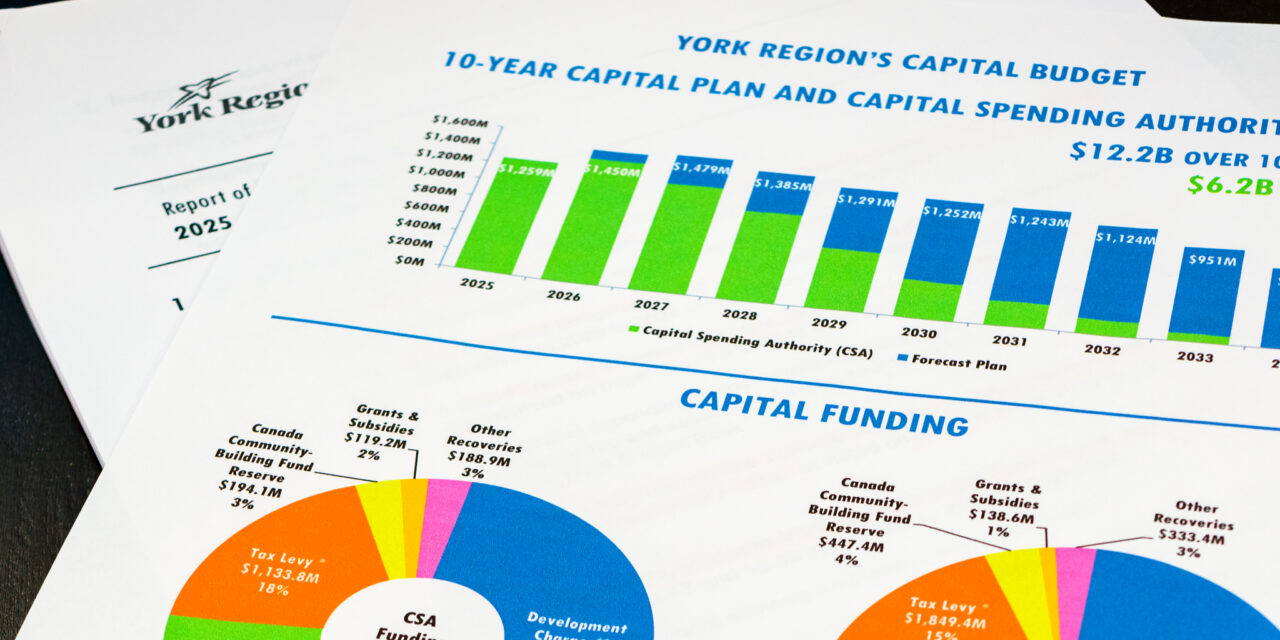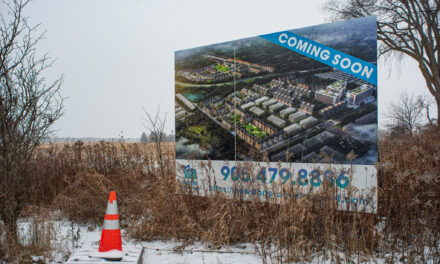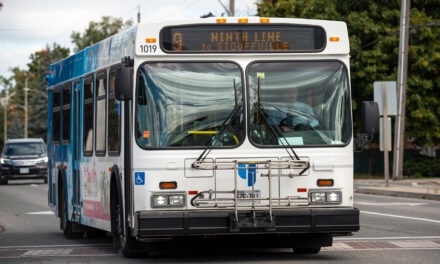- York Region’s 2025 draft budget was tabled during Regional Council’s October 24, 2024, meeting.
- The budget outlines $4.6 billion in operating and capital spending for 2025 and proposes a combined 4.55% Regional tax levy increase.
- This includes a 3.55% increase to support the $3.4 billion operating budget and a continuation of the 1% Rapid Transit and Infrastructure Levy.
- The $1.3 billion in 2025 capital expenditures represents just over 10% of the Region’s 10-year capital plan.
- If approved, the levies would add an estimated $126 to the average Stouffville household’s property tax bill.
According to the related Staff report, 2025 “gross expenditures…are expected to increase by $179.2 million from 2024, driven mostly by higher proposed spending in York Regional Police (YRP), Community and Health Services, and Public Works.”
During a presentation to Regional Council, York Region CAO Erin Mahoney highlighted increased investment in community safety supported through the tabled budget. “2025 is the right time to invest in safer communities,” she said. “Council has signaled this priority, and it’s a growing concern of our residents.”
YRP would receive a 7.67% budget increase totaling $31.4 million. Of the revenue from the combined tax levy increase, 1.85% would be allocated to YRP, allowing for the addition of 154 officers and civilian professionals in 2025 and 150 more in 2026. The $485 million YRP budget represents 14% of the 2025 draft operating budget.
The budget would also help fund new paramedics and support staff, as well as 40 new speed enforcement cameras. Additionally, $8 million is included to support the Region’s growing unhoused population.
Of the $3.4 billion 2025 operating budget, 40% would go toward program costs, 31.6% to salaries and benefits, 19.1% to reserves, and 9.3% to service debt. Net tax levies totaling $1.496 billion would fund 44.5% of the expenditures.
For the remaining operating costs, 23.7% would be covered by grants and subsidies, 15.4% by user rates such as transit fares and water and wastewater fees, and 9.1% by Development Charges reserves. The remaining 7.3% would be supported by other fees, charges, and reserves.
York Region’s $12.2 billion 10-year capital plan allocates 39.5% of its budget to water, wastewater, and environmental infrastructure; 35.3% to roads and transit; and 9.1% to the Yonge North subway extension. The remaining budget will support community and health services, YRP and paramedic services, and housing projects, among others.
Just over half of the capital plan is funded through Development Charges, while the remaining 26.5% is supported by reserves, 15.1% by tax levies, and 4.8% by grants and subsidies. However, the Region is facing a decline in Development Charges revenue due to slowed development activity.
“In the first half of 2024, housing starts were approximately 25% below the historic 10-year average and about 33% below the Region’s forecast,” Commissioner of Finance and Regional Treasurer Laura Mirabella noted.
This follows already recognized declines in 2023, and fluctuating market conditions add to uncertainty. Development Charges discounts and exemptions, mandated by recent provincial legislation aimed at increasing housing supply, are also costing the Region an estimated $28 million annually.
The cumulative impact of lower Development Charges collections has led to a significantly higher debt forecast than in 2024, Mirabella explained. Forecasts also suggest upwards of $35 million in tax levy revenues may be needed to compensate for losses due to discounts and exemptions.
Nearly $2.38 billion in capital projects are still seeking funding support from higher levels of government. These include $380 million in affordable housing projects, such as the $82.8 million second phase of Stouffville’s Housing York project on Main Street. The Region’s Bus Rapid Transit program requires the remaining $2 billion.
Staff also recommended a 3% increase in York Region Transit fares, to be implemented on July 1 in both 2025 and 2026. The increase was included in earlier budget projections and is intended to address growing service costs.
The 2025 budget will be further reviewed by Regional Council at its November 7 Committee of the Whole meeting. Any approved amendments will be included in a final version for approval on November 28.





